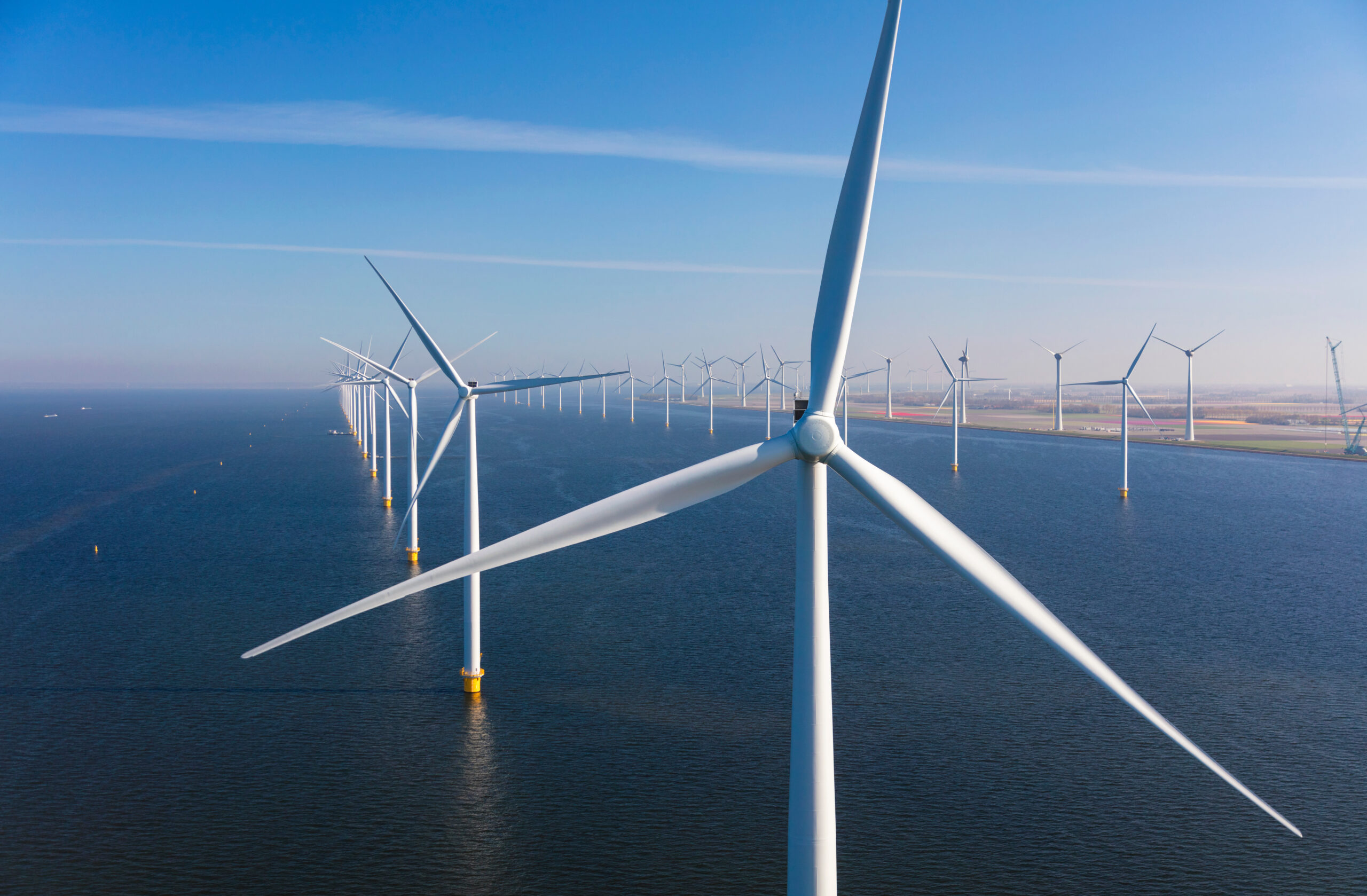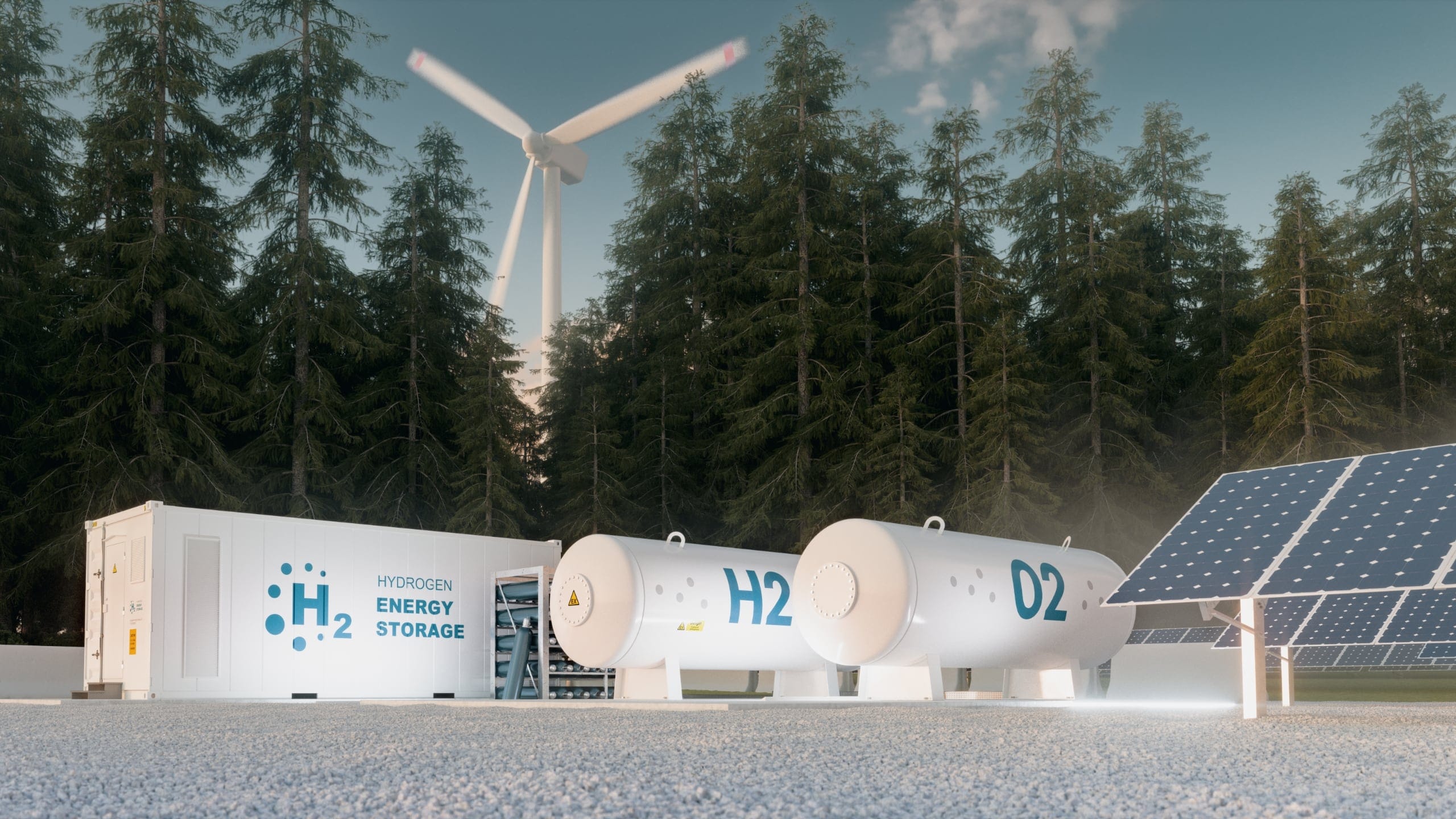NEWS & INSIGHTS | article
Collaboration will be key to a just transition

Two events took the world by surprise in 2023. Firstly, in January ChatGPT reached 100 million monthly active users, just two months after being launched by OpenAI. That made Artificial Intelligence a mainstream conversation topic, and triggered debates about its implications, culminating in the Bletchley Park international summit and the EU AI Safety Act to regulate and reduce the risks of AI.
Behind the media hype, massive investment is being made by industries to develop pioneering uses for this transformative technology, with the aim of boosting productivity and efficiency.
The second surprise to many has been the outcome of COP28. A call for “transitioning away from fossil fuels in energy systems” agreed by all participating countries, including the “petrostates”. Could it have been down to the fact that after years of keeping the doors closed to the Oil and Gas industry, it was finally decided to engage in discussion and collaboration?
A global approach to a global challenge, requires working with offending sectors and nations, not against, to ensure a Just Transition to Net Zero.
COP also recognised hydrogen as key to the transition, and we should see more hydrogen projects being progressed throughout 2024. The Hydrogen Backbone Link project that NZTC is leading for Scottish Government, has identified the infrastructure required to enable Scotland to meet up to 10% of Europe’s projected demand by the mid 2030s. Phase two of the project has started, and in 2024 further progress will bring it closer to implementation
Floating offshore wind has not been without bumps in the road . The auction for licenses in September resulted in no bids from developers, as the contract price for energy being offered didn’t consider rampant inflation in costs. Government intervened by raising the maximum price. This also makes technology innovation even more important in 2024 to reduce costs and triple renewable energy capacity by 2030. A recent study by the Fraser of Allander Institute indicated that jobs in Scotland’s renewables sector grew by more than 50% in 2021. Anticipated new projects in Scotland are poised to create substantial job prospects, further contributing to this upward trend.
We can’t overlook the progress made in Carbon Capture Utilisation and storage (CCUS) which plays a key role in reducing emissions by capturing carbon dioxide (CO2) emissions from industrial processes and storing them in deep geological formations. The Government gave the green light for the Acorn project which will provide the critical infrastructure for Scotland’s decarbonisation strategy and we saw the North Sea Transition Authority awarding the UK’s first-ever carbon storage licenses.
In the immediate eliminating emissions from Oil and gas operations as part of the North Sea Transition Deal, remains a priority, now reinforced by the COP28 Oil and Gas Decarbonization Charter which commits to net-zero operations by 2050, the ending of routine flaring by 2030, and near-zero upstream methane emissions.
All this brings us back to the value of working together with Industry and government towards Net Zero; deploying technology at pace and developing it further to reduce costs and enhance performance, to enable a Just Transition for all. Having watched the progress made in 2023, the stage is set for exciting developments in 2024.
Subscribe for the latest updates


